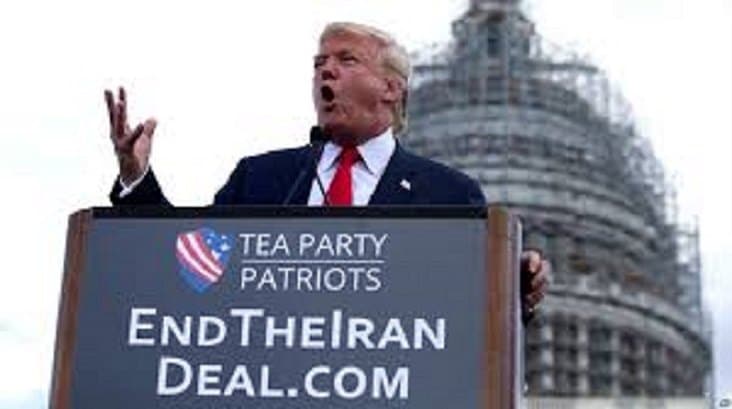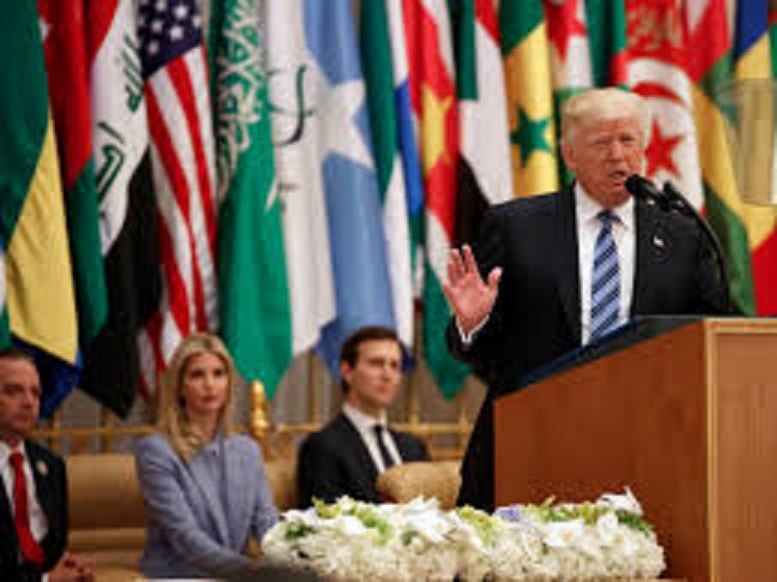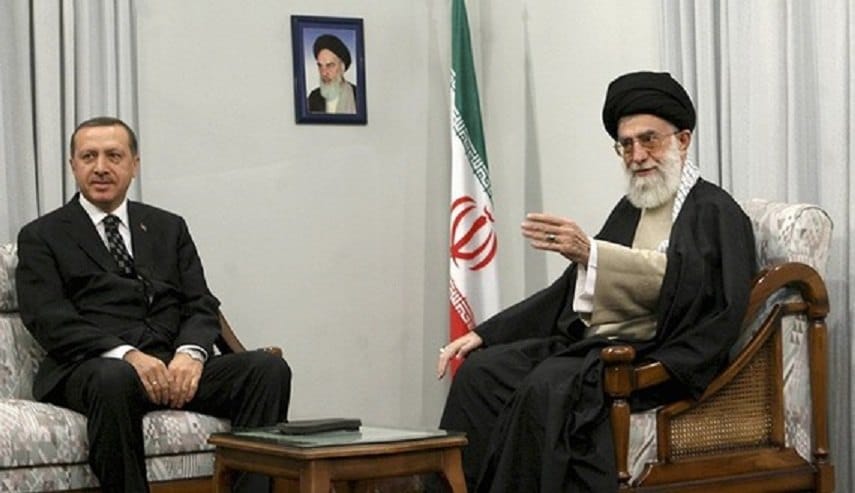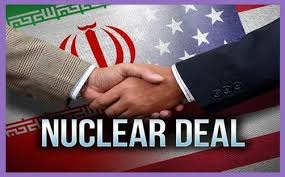Foreign Policy of Trump; Unilateralism based on Isolationism
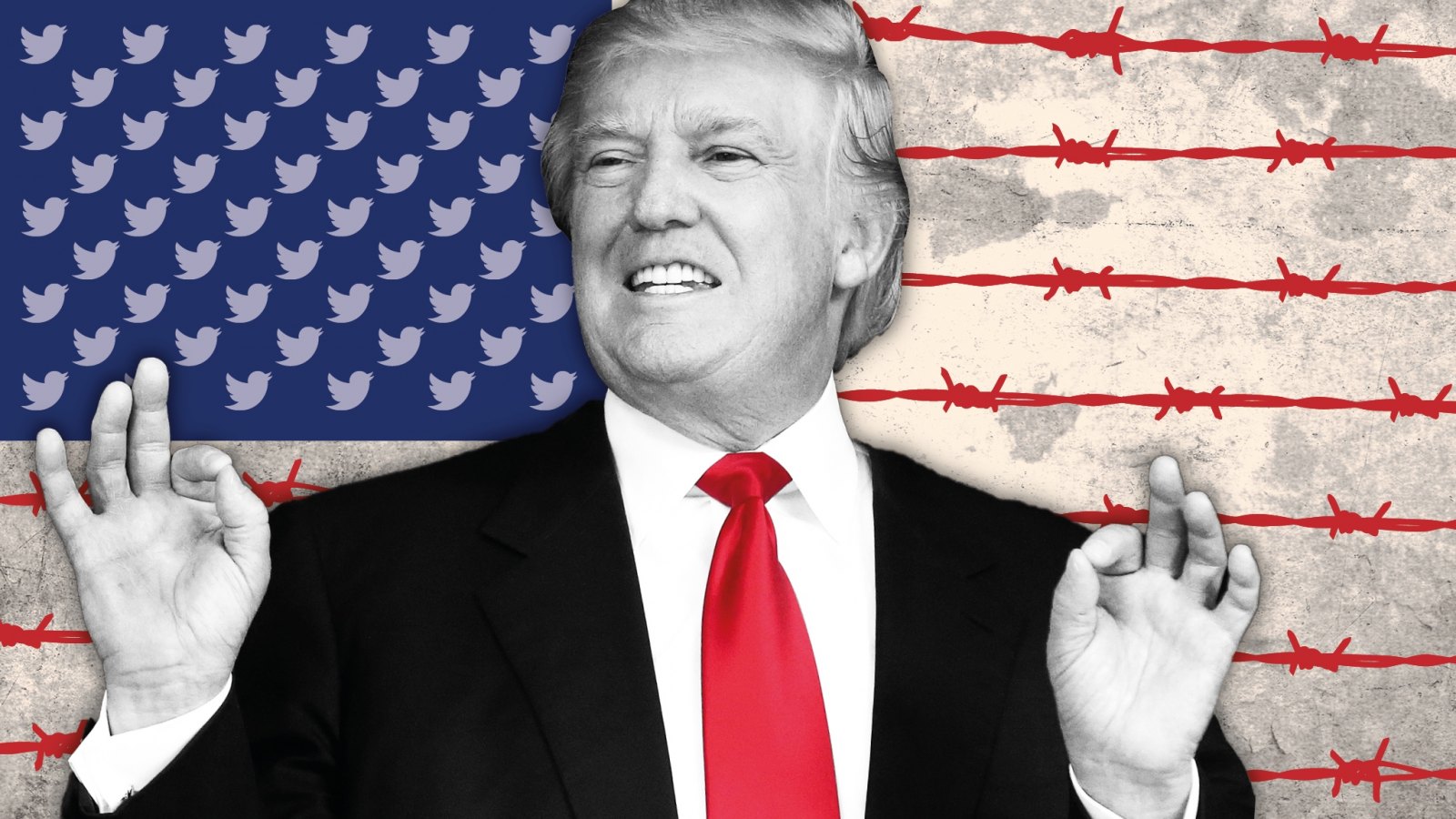
Azizollah Hatamzadeh
The statements made by the president of the United States at the NATO summit, his disagreement with other G-7 leaders at its recent summit, his position on Europe and in particular on Germany and, more recently, his decision to withdraw from the Paris Agreement, made the principles and dimensions of Trump’s foreign policy more visible.
Although Trump does not have a clear-cut approach to foreign policy, and even his foreign policy team is not entirely homogeneous, he himself has a holistic and interconnected view of the world, US foreign policy, and the country’s costs and benefits in this area which is the basis of his recent decisions and macro policies in the field of foreign policy.
Trump has a negative attitude toward US military alliances and believes that these alliances are costly for his country.
According to Trump, Germany, Saudi Arabia, South Korea and Japan, which the United States spends millions of dollars on their security, spend their money on other issues.
although Trump was expected to adjust the positions taken during the US electoral campaign at the recent NATO summit in May, but he repeated his positions again in a meeting with NATO members and European leaders and at the same time criticized their refusal of paying their share of defense expenditures and stressed that the US support from them is conditional on the realization of this issue.
Trump’s positions in the annual meeting of the G-7 Group, which took place in Italy on May 26 and 27, revealed its split with its allies and the unilateral approach taken by the new US administration.
While the country’s commitments under the Paris agreement are optional and the US government could limit Obama’s commitments in this area, Trump wanted a re-negotiation and re-engagement of the United States in this agreement, and when faced with the negative response by other members and the UN, decided to withdraw from the agreement.
By withdrawing from the Paris deal, the United States has, on the one hand, lost the trust of its allies and other countries, and on the other hand, it has, for the first time, allowed China to take the world leadership on an important international issue namely climate change and renewable energy.
Trump’s approach towards Germany reflects his overall view of the European Union. He believes that Germany does not pay much for security and does not contribute its share in this regard, and instead has a better economy than the United States.
The most important concern of the Europeans with respect to Trump is regarding his views on NATO and the conditionality of the US support for his allies.

